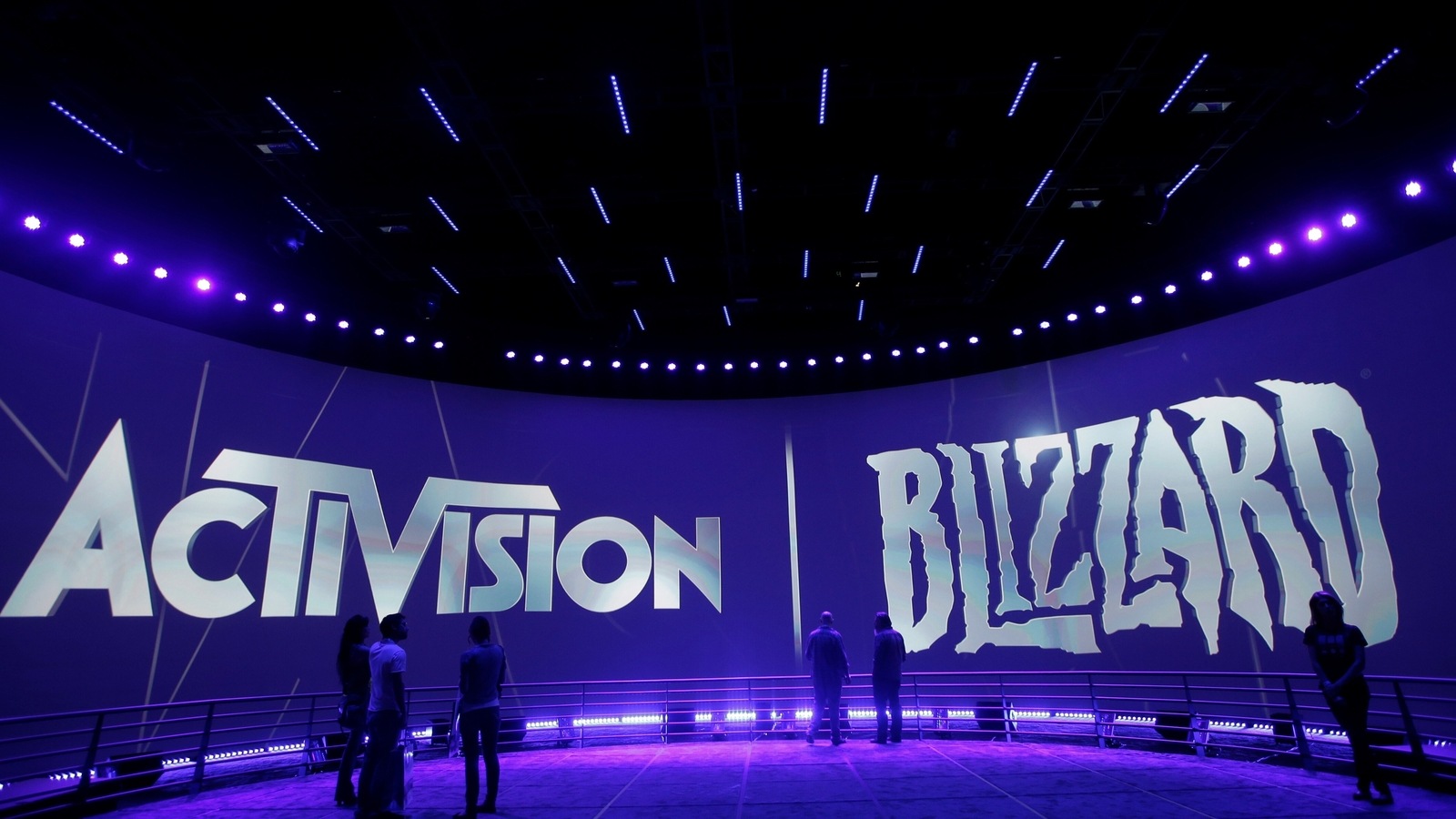Google paid Activision Blizzard and Riot Games millions of dollars to not launch competing app stores.
Alphabet Inc.’s Google paid Activision Blizzard Inc. and Riot Games millions of dollars to not launch competing app stores or to prevent developers from making Android apps outside of the Play Store, according to a court filing from Epic Games Inc.
Fortnite maker Epic Games is in a heated legal battle with Google and Apple Inc. over whether the tech giants’ app store practices are anti-competitive. In an amended complaint on Thursday, Epic says Google agreed in January 2020 to pay Activision $360 million over three years after the game publisher discussed launching its own app store.
Activision, which had said such a decision would depended on whether it could “find the right deal/solution” with Google, then agreed to launch its games on the Google Play store before they debuted on other app stores, the complaint says.
The complaint also alleges that in March 2020, Google entered into a similar agreement, for approximately $30 million, with Tencent Holdings Ltd.-owned Riot Games, maker of hit game League of Legends. Riot had also explored launching its own app store. A spokesperson for Riot declined to comment on the complaint.
“Google understood that its agreement with ABK effectively ensured that ABK would abandon its plans to launch a competing app store, and Google intended this result,” according to the complaint. A Google spokesperson denied this characterization, saying these deals do not restrict gaming companies from launching competing app stores.
In an email, a Google spokesperson said Epic incorrectly portrayed business conversations. The program associated with these mobile gaming deals, known as Project Hug, was designed to give incentives to developers to give early access to Google Play consumers for new app content, according to Google.
Activision called Epic’s allegations “nonsense. We’ve confirmed Google has never asked or pressured us or made us agree not to compete with the app store,” the company said in a statement. “We’ve submitted documents and testimony that proves this.”
In October, Microsoft Corp., which is in the process of acquiring Activision Blizzard, revealed in a filing that it plans to build its own “next generation game store which operates across a range of devices, including mobile.” Microsoft did not immediately respond to a request for comment.





















